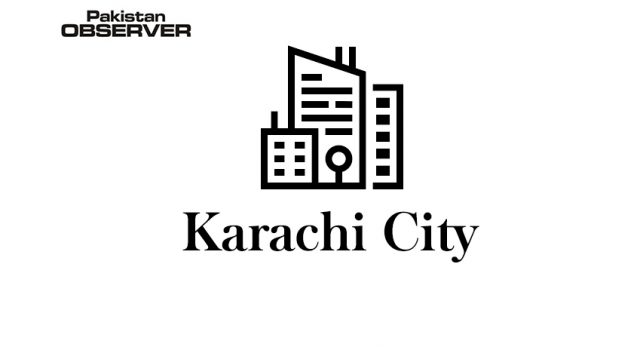Milk prices in Karachi have come down by Rs80 per litre in Karachi and other parts of the Sindh province due to outbreak of lumpy skin disease in cows and buffaloes. According to Dairy Cattle Farmers Association (DCFA) on Monday, the prices have come down as the sale of milk has been reduced by 40 per cent at cattle markets amid skin disease in animals. The per litre milk is currently being sold at Rs70 per litre in Karachi and some milk shops were also offering free milk on purchase of one-litre milk.
On the other hand, as many as 225 animals have died owing to an infectious disease of lumpy skin among cattle in Sindh, according to a provincial task force report. According to the report, the lumpy skin disease (LSD) has so far been found in 27,734 animals in the province, 225 of whom have died. The livestock department in a report said the disease had affected 16,412 cows in Karachi, and the detection rate in the province was 0.9 per cent.
Originally found in Africa, lumpy skin disease, a viral infection of cattle, has spread to countries in the Middle East, Asia, and eastern Europe, experts said. The lumpy skin disease is transmitted by blood-feeding insects, such as certain species of flies and mosquitoes, or ticks. It causes fever, nodules beneath the skin and can also lead to death, according to experts.
According to an alert “Human disease has not been well documented. Consuming meat or milk doesn’t transmit the infection to human,” it said. However, it advised that food safety should be ensured which included consumption of only pasteurized or well-boiled milk and milk products, thorough cooking of meat and proper washing of hands with soap and water after handling meat.









